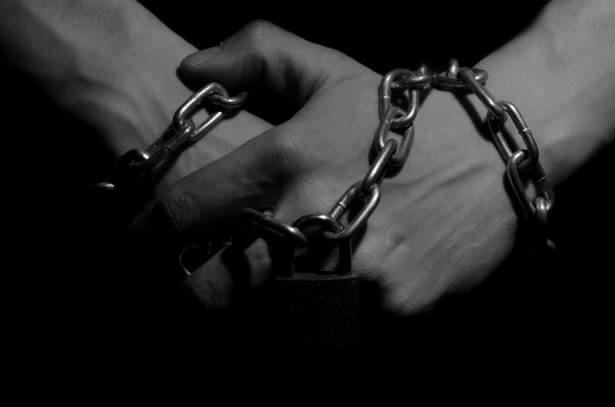If someone is arrested without a warrant, they must be charged or released after a certain period of time.
The general rule is that the person must be brought before a judge 36 hours after being arrested. Minn. R. Crim. P. 4.02, subdiv. 5(1). The 36 hours begins on midnight following the arrest and pauses for Sundays and legal holidays. Id. If the person is charged with a misdemeanor and is not brought before a judge after 36 hours, then he must be released upon citation (charges by law enforcement).
For this reason, the day before Thanksgiving is the worst day to be arrested. Let’s say you are arrested at 12:01 a.m. on Wednesday before Thanksgiving. The day of arrest (Wednesday) does not count in the 36 hours. Thursday (Thanksgiving) and Friday do not count, as they are both legal holidays. The clock then starts at midnight between Friday and Saturday, which gets you 24 hours. Sunday does not count. The time starts again at midnight between Sunday and Monday. The 36-hour mark, then, is noon on Monday. This means that you are sitting in jail from Wednesday early morning until noon on Monday.
For felonies and most gross misdemeanors, the prosecutor must file a complaint prior to the person being brought into court. Minn. R. Crim. P. 4.02, subdiv. 5(2). The person may be detained or bail may be set if the judge signs the complaint and allows the continued detention or bail setting. Id.
There are exceptions. The prosecutor may be given an extension to file charges in certain cases, which means that the 36-hour rule may be extended.

